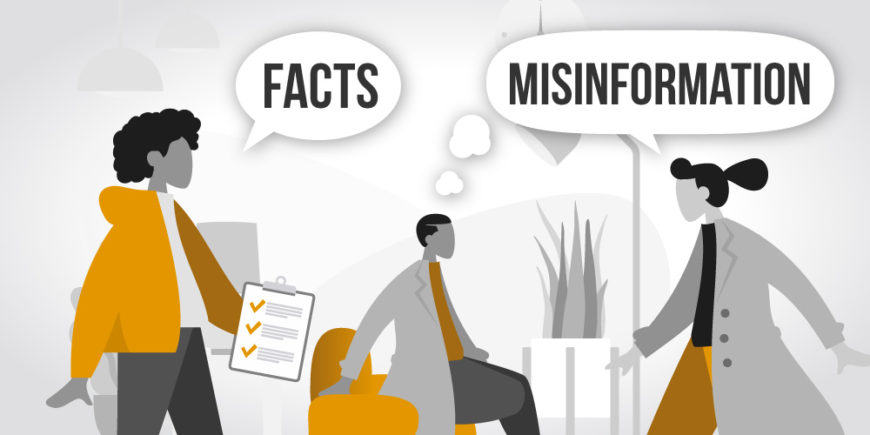At its heart, this tactic takes advantage of the average person’s level of expertise–or lack thereof. Dishonesty and manipulation can be hidden by talking over the heads of lay people, which is an abuse of both the public’s tendency to be uninformed, and lack of education in certain individuals. This tactic falls apart easily when fact checked, however the goal is not to defend statements against scrutiny, it is to take advantage of anyone overly trusting or unmotivated to properly research or confirm information. Even if claims are later shown to be false, the tactic has already done damage by confusing lay people that may not be inclined to believe fact checking against what they believe to be a trusted source. Abusing the loyalty of lay people is no more honorable than a parent misleading their child, and much like the therapy required to recover from abuse, those taken advantage of with this tactic are in for a long road back to the truth.
Taking Advantage Of The Lay Person









